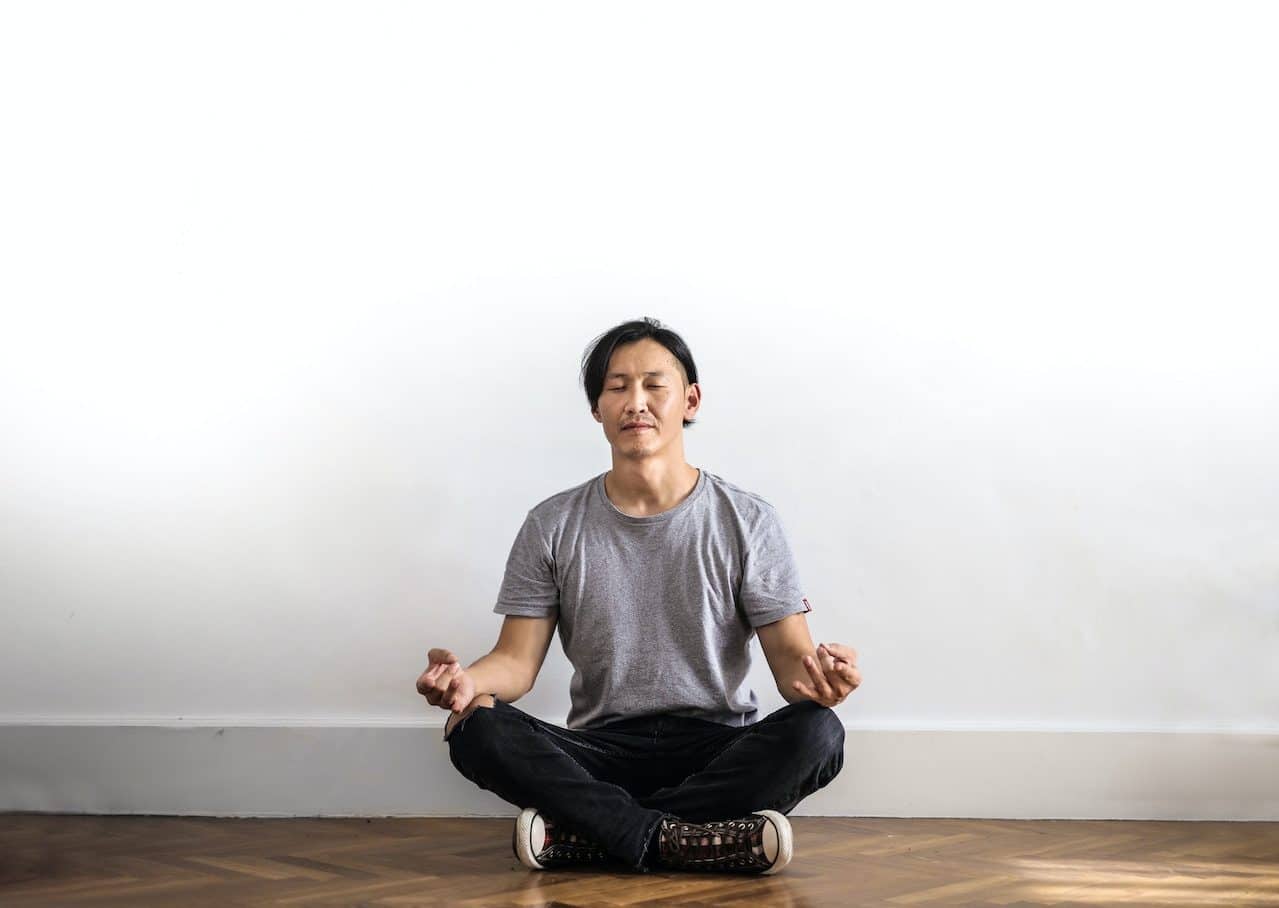
Setting realistic goals feeds our self-confidence with frequent successes.
Self-confidence , also known as self-confidence or self-esteem, is a psychological concept that refers to the belief and security that a person has in his or her own abilities, capabilities, and judgment. It is the internal conviction that one is capable of facing challenges, overcoming obstacles and achieving goals effectively.
It involves a positive and realistic evaluation of oneself, as well as a positive attitude towards one's own skills and competencies . A person with high self-confidence tends to feel confident in their decisions, is not easily discouraged by failures, and feels motivated to pursue their goals. On the other hand, someone with low self-confidence may be more prone to self-criticism and insecurity.
Self-confidence is not a static trait; It can be developed and strengthened over time through experience, skill acquisition, overcoming challenges, and emotional support. Although it can vary in different areas of life, such as professional and social, self-confidence is an essential component for emotional well-being and success at all levels.
Self-confidence and personal growth
Self-confidence is a fundamental driving force in the journey towards personal growth. It lies at the heart of our ability to self-explore, to learn and evolve as individuals. When we believe in ourselves, we are more willing to face new challenges and expand our limits, so self-appreciation leads to greater ambition .
Personal growth involves developing new skills, overcoming obstacles, and finding an improved version of yourself. However, this process is not easy . Along the way there are situations that take us out of our comfort zone and require moments of reflection and introspection to find balance and continue moving forward.
This is where self-confidence plays a crucial role, because it provides us with the internal strength necessary to resist failure and adversity. We see challenges as opportunities to learn and grow rather than insurmountable obstacles. Self-confidence awakens in us the motivation to risk facing our fears , which often leads to greater self-knowledge and self-acceptance .
How to build self-confidence
Building self-confidence is a long process that requires time, effort and constant practice. Let's look at some tips to achieve this goal:
- set realistic goals : if we set goals that we can achieve quickly and with our own abilities, we will taste success and believe in ourselves more and more;
- learn from mistakes : instead of seeing mistakes as failures, we must consider them learning opportunities, since in the balance they only occupy a part;
- Take care of ourselves : Self-confidence is closely related to self-care . A balanced diet, regular exercise and enough sleep to keep the mind and body in optimal condition;
- seek support : talk to friends, family or a therapist when we need an emotional boost. Sometimes sharing thoughts and feelings can help us gain perspective.

Empowerment allows us to control our own lives based on self-esteem.
Self-esteem, empowerment and mental strength
Self-esteem, empowerment, and mental toughness are three interconnected elements that play an essential role in emotional well-being and personal success. Together, they form a powerful triad that can transform a person's life, allowing them to face challenges, overcome obstacles, and achieve their goals with confidence and determination .
Self-esteem is the assessment that a person has of himself. It reflects your perception of your own value , dignity and self-acceptance. Healthy self-esteem involves a positive appreciation of oneself. Empowerment is related to the sense of control and autonomy over one's life. It involves the ability to make informed decisions, assume responsibility and exert influence over circumstances. Promotes independence and self-efficacy , which in turn strengthens self-esteem.
Mental toughness refers to the ability to overcome adversity while maintaining a positive attitude . It involves emotional resilience and the ability to deal with stress, uncertainty and pressure. A strong mind does not allow itself to be defeated by temporary failures, but rather uses them as opportunities for learning and growth .
The interaction between self-esteem, empowerment and mental strength is evident. Healthy self-esteem provides the foundation on which empowerment is built, as a person who values themselves is more likely to seek and defend their rights and goals. In turn, empowerment nurtures mental toughness by giving people the sense of control and confidence necessary to face difficulties.
From self-doubt to self-worth
The transition from self-doubt to self-worth is an emotional and psychological journey that can profoundly transform a person's life. On this path of personal growth, insecurities and doubts give way to a more positive appreciation of oneself.
Self-doubt is the critical inner voice that makes us question our abilities and worth . It often manifests itself in the form of negative, self-critical thoughts that tell us we are not good enough, smart enough, or competent enough . It can be paralyzing, preventing us from making decisions, pursuing our dreams, and taking advantage of opportunities. For all this it is so important to fight it.

Meditating allows us to see our thoughts, emotions and behavior objectively.
Meditation and mindfulness
Two powerful tools that can help us cultivate self-confidence are meditation and mindfulness . Meditation is a practice that invites us to look inward, explore the corners of our minds, and develop a deeper understanding of ourselves.
As we immerse ourselves in meditation, we begin to observe our thoughts, emotions, and behavioral patterns from an objective perspective . This process of self-observation allows us to recognize the self-criticisms and doubts that undermine our self-confidence.
Mindfulness , or full attention , invites us to be completely present in the present moment. Often, a lack of self-confidence is related to worries about the past or the future . We are haunted by our mistakes or fear what the future may hold. Mindfulness helps us free ourselves from this and focus on the here and now. By practicing mindfulness, we learn to accept our experiences as they are and develop a non-judgmental attitude toward ourselves.
